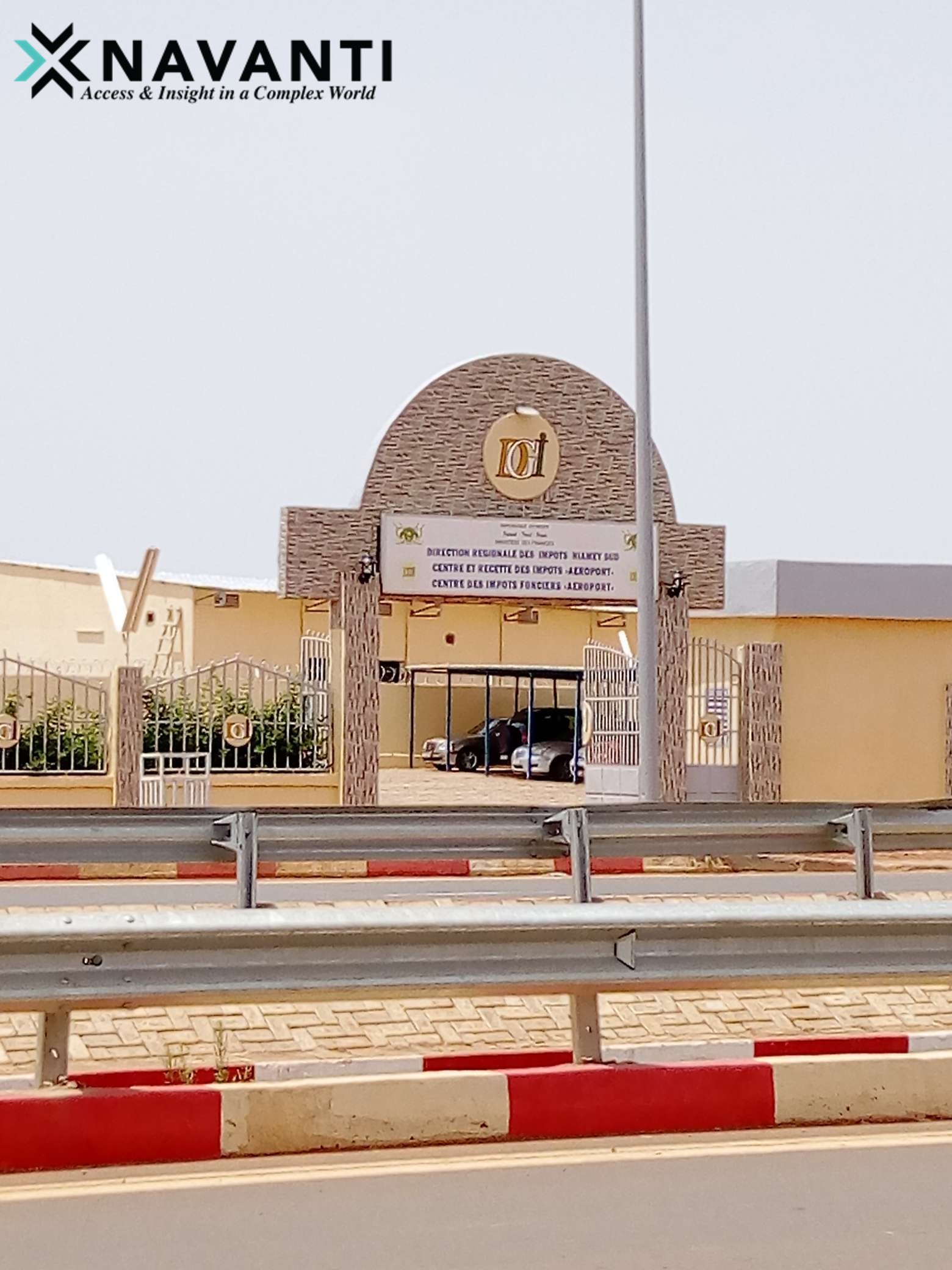President Bazoum, Democratically Elected Leader, Ousted in Sixth West African Coup by Emily Levinson

Niger President Mohamed Bazoum was removed from power in a military coup late Wednesday night. The President was detained by his own guards, and the soldiers wasted no time in announcing their takeover on national television. The coup leaders made it clear that “all institutions” in Niger would be suspended, borders closed, and a curfew imposed “until further notice.” This unsettling development marks the sixth successful coup in West Africa since 2020, raising serious concerns about the region’s political stability.
Colonel-Major Amadou Abdramane, the group’s spokesman, cited reasons such as poor economic and social governance, as well as the deteriorating security situation in Niger, as motivations behind the coup. Initial attempts at negotiation with Nigeria’s President and the Economic Community of West African States ECOWAS leader, Bola Tinubu, began on Wednesday but did not achieve any breakthrough. Nevertheless, negotiations with President Patrice Talon are said to be ongoing. Tinubu, an influential regional leader, had previously condemned the actions of the soldiers, emphasizing ECOWAS’ commitment to upholding democratic norms and stability across West Africa.
On Thursday morning, despite being held captive in the presidential palace by his own guards, the deposed president of the country, Mohamed Bazoum, demonstrated a resilient spirit, declaring his commitment to safeguarding the democratic gains he had tirelessly fought to achieve. He boldly asserted, “The hard-fought achievements will be protected, and all Nigeriens who value democracy and freedom will stand united to ensure it.”
While the loyalty of security forces initially appeared divided, the Nigerien army has since declared its support for the coup, further complicating the negotiation process. Division General Abdou Sidikou Issa, in a statement on Twitter (rebranded in July 2023 to ‘X’), emphasized the army’s priorities as maintaining stability in the country and avoiding confrontations between security forces.
Amid the unfolding political drama, the Wagner Group, a private military company, has emerged as a figure of interest. Telegram channels affiliated with the group were reportedly abuzz with celebration over the news of the coup. President Bazoum had previously accused the Wagner Group of conducting a disinformation campaign against his government in May 2023. The nature and extent of the group’s involvement in the coup remain uncertain, but it is clear that they stand to gain significantly from the outcome.
Wagner’s controversial founder Evgeny Prigozhin offered his perspective on the Nigerien coup, viewing it as a struggle of the Nigerien people against historical colonial forces that have sought to control the region for centuries. He sees the events in Niger as a crucial step towards gaining independence and breaking free from colonial influences. Prigozhin also highlighted the deliberate efforts of former colonial powers to destabilize African nations by supporting terrorists and criminal groups, hampering the progress and development of these former colonies. He praised the effectiveness of the Wagner Private Military Company (PMC) for their ability to restore order and combat terrorists, ensuring the safety of the civilian population in affected states. Following the coup and the removal of Mohamed Bazoum, the Russian flag was observed in front of the Presidential Palace in Niger, sparking discussions during the Russia-Africa summit. Among the options considered is inviting the private military company “Wagner” to help establish stability and prevent potential interference from France, which reportedly seeks control over Niger’s uranium mines.
With President Bazoum ousted, Niger’s immediate future is mired in uncertainty, as the coup leaders have yet to name an official successor or outline a path forward. This power vacuum raises legitimate concerns about the preservation of democratic norms and Western cooperation in West Africa. The consequences of this political upheaval may reverberate throughout the region, potentially affecting security and economic prospects.
Additionally, the coup in Niger has significantly impacted U.S. security strategies in West Africa, creating an unexpected opportunity for Russia to extend its influence in the region. With the ousting of leaders in various countries, Washington now faces heightened challenges countering al Qaeda and Islamic State activities across the area. The military coup in Niger, occurring this week, poses a grave threat to the entire U.S. approach in combating the expansion of Islamist militants throughout Western Africa, potentially giving Russia a strategic advantage.
In response to the crisis, the international community is closely monitoring the situation in Niger, apprehensive about potential spillover effects on neighboring countries and broader regional stability. Diplomatic efforts will play a crucial role in finding a peaceful resolution and restoring democratic governance in Niger as the situation unfolds.

